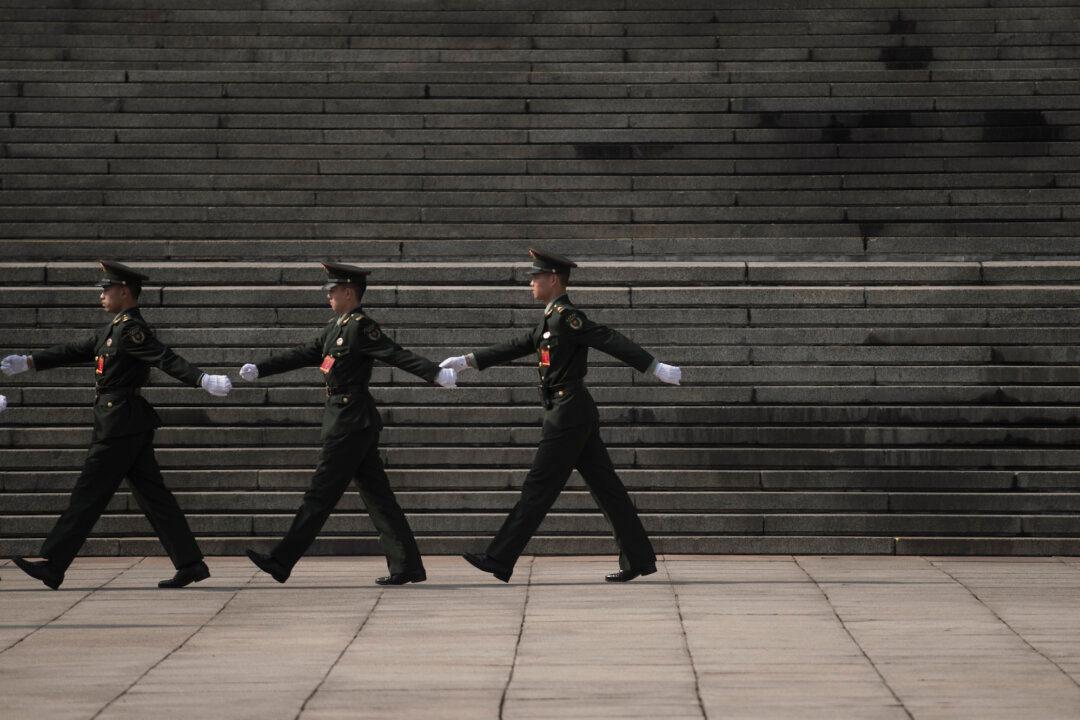For the first time, the Chinese regime under current leader Xi Jinping has explicitly called out members of a party faction for attempting to stage a coup against the leadership.
The announcement was made in the midst of the Chinese Communist Party’s (CCP) most politically important, and highly sensitive, event—the 19th National Congress, when the Party’s top leadership ushers in a new generation of ruling elite to run the country for the next five years.





